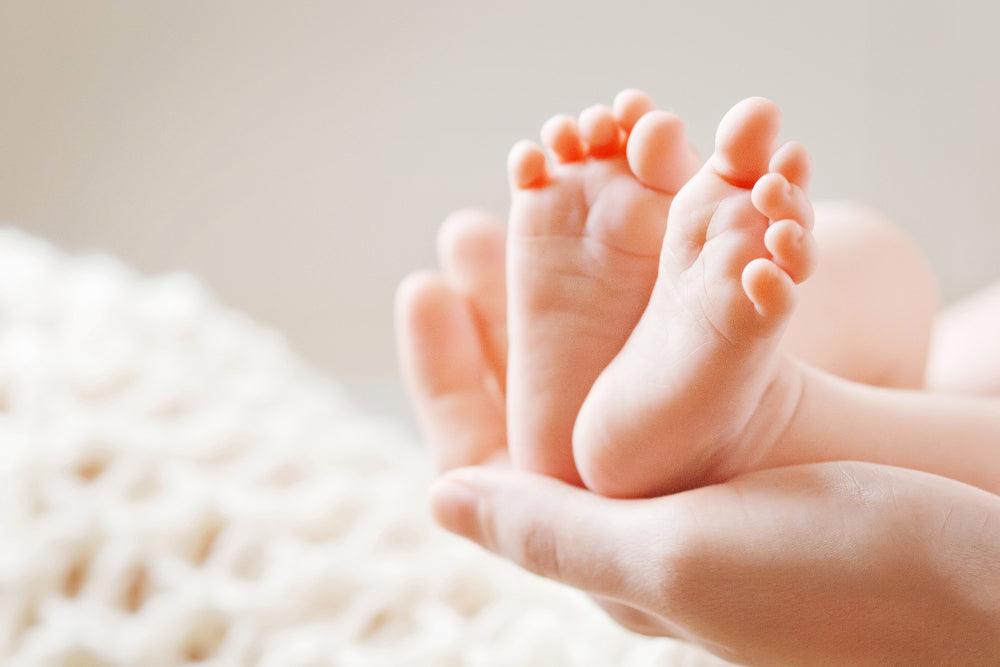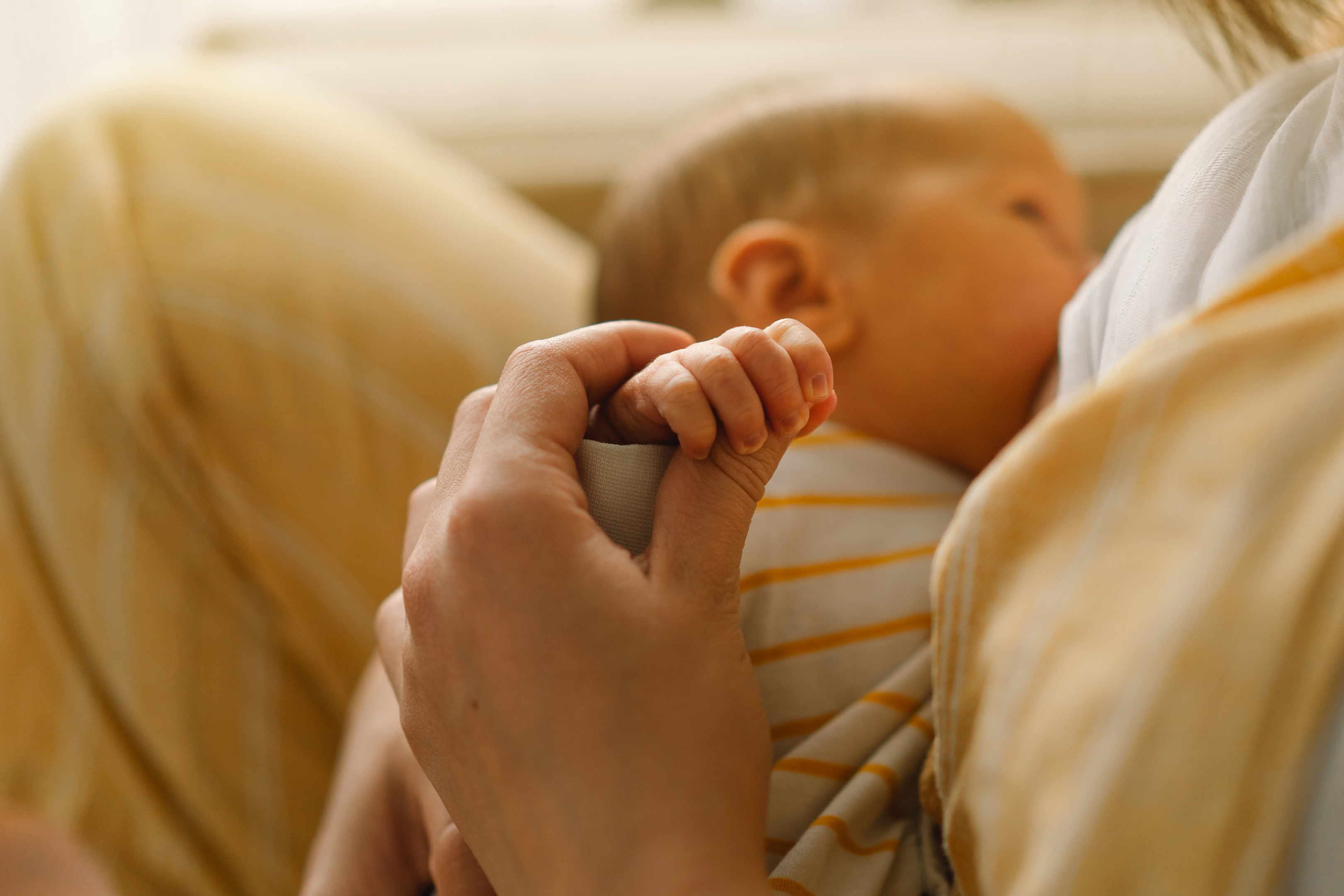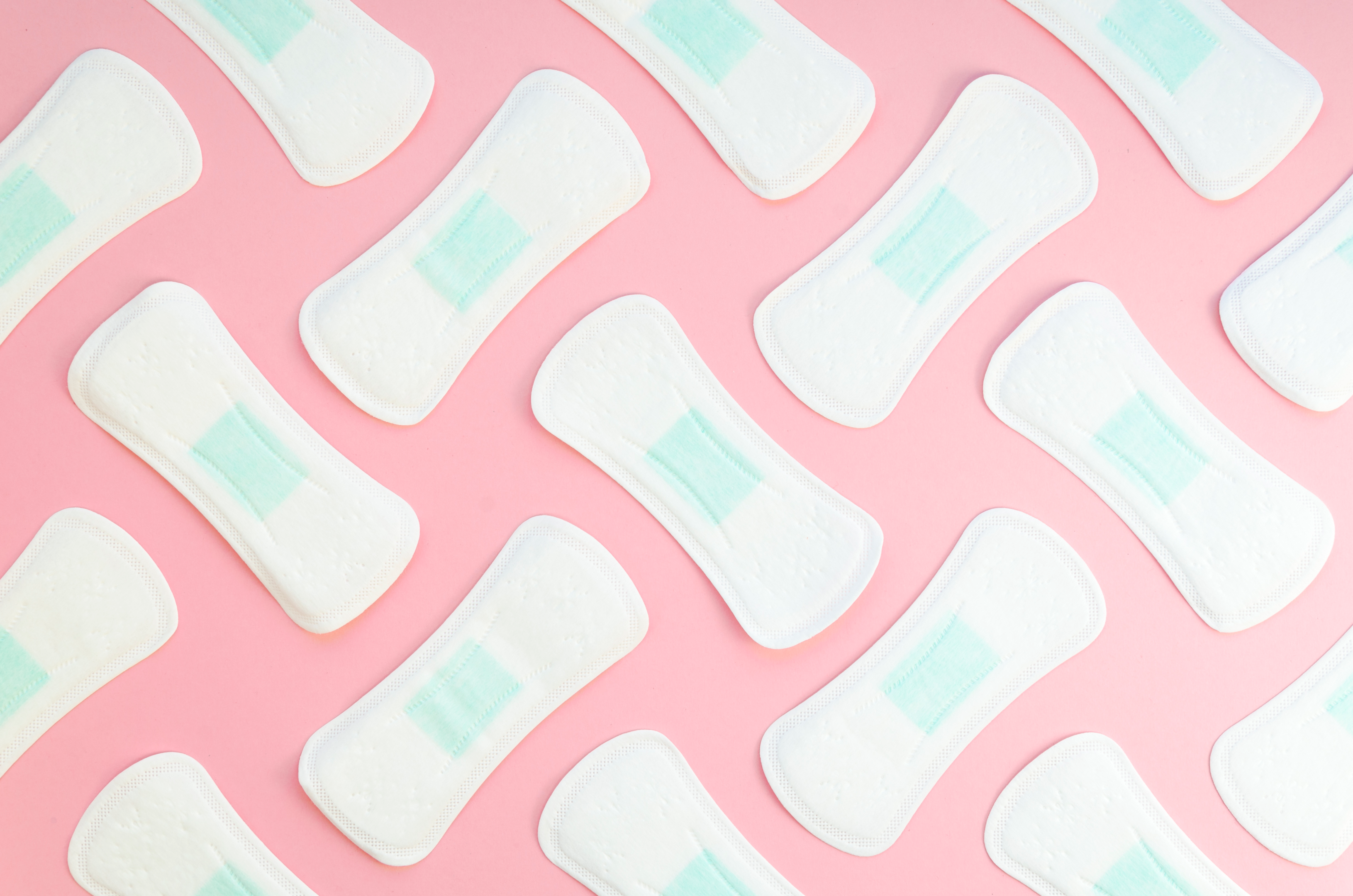What happens in the first period after birth?


The 9 months of pregnancy leading up to the birth of your baby is a life-changing experience. Filled with excitement, you are in for a lot of surprises. You are in for a journey that may feel rewarding but also requires you to quickly adjust your sails for the huge changes ahead. From the start of pregnancy, you would keep noticing and even appreciating the several changes that your body has been through to accommodate your little one safely inside the womb. Although you have now delivered your baby, your body still has to overcome many changes to somewhat come back to its pre-pregnancy state.
With your focus all on the pregnancy and the coming baby, you are likely to completely forget about your menstrual periods. Some women may occasionally experience mild bleeding during pregnancy. But your body does pay you back for those missed cycles, with just a little bit of extra bleeding immediately after delivery.
Although moms are careful to be mindful of their health during pregnancy, one must never stop taking care of their body and mind even after delivery. It is a significant phase that paves the way for continued good health.
To find out how your body is managing post-pregnancy, order a Welzo Tired New Mum Blood Test which can be delivered to your door and completed from the comfort of your home.
Whether you have had a vaginal or cesarean delivery, all women will have period-like bleeding immediately after birth. It may last for a few weeks to a month or even more than a month for some women. As you lose blood along with tissue from the thick uterine lining that was prepared for your womb during pregnancy, the initial bleeding may be heavy and appear bright red. After some days, it gradually becomes brownish in appearance and is followed by a vaginal discharge that may again last for a few weeks.
The vaginal discharge that follows postpartum bleeding is termed lochia. It may be red in colour during the initial first week, and then gradually turns to a clear or yellowish-white shade. Lochia is characteristic of post-partum discharge because it consists of pregnancy tissue that is being shed off. This is the reason for its distinct smell. If your lochia suddenly appears bright in colour, 6 weeks post-delivery, it is more likely that your menstrual period has started.
You should consult your doctor if you have the following symptoms:
Sudden change in vaginal bleeding to bright red colour
Unusually excessive bleeding
Excessive blood clots
Dizziness
If you have any of the above symptoms, it is best to visit your doctor. You must hesitate to visit your doctor, even if it is before the 6-week check-up during which you report to your doctor to check for wound healing.
After giving birth, your first postpartum period can start anytime between 3 weeks to as long as a year or two after delivery. Most women usually get their postpartum period within 5 to 6 weeks after delivery.
That being said, every woman’s body cycle is different and it is completely normal to have fluctuations in your period flow and menstrual cycle length for the first year after giving birth. You may also skip a period in between cycles, with a heavier flow in the next period.
The start of menses after delivery depends on quite a few factors. They include:
Whether you exclusively breastfeed your baby
Whether your baby sleeps through the night or you have to breastfeed your baby at night
The effect of hormonal changes on your body
Amount of formula being supplemented to your baby
The term exclusive breastfeeding implies that your baby is solely dependent on your breastmilk for nutrition. Without formula, it is natural to breastfeed your baby for long hours. The hormones that help produce milk, interfere with hormones that regulate your menstrual cycle. It has been observed to prevent ovulation, and you are therefore not likely to menstruate. The same principle applies to women who feed during the night hours. Even if your baby does sleep through the night, the continued suckling pressure on your nipples has an effect that further delays the start of your menses.
On the other hand, if you have started to formula feed your baby much earlier, there are higher chances of your postpartum period starting within 5 weeks to 3 months.
Researchers continue to study the effects of breastfeeding on the first period after birth. Despite all the above factors, you may still get your periods as soon as 5 weeks even though you have been exclusively breastfeeding your baby. And even though you start formula feeding your baby quite early on, there are chances that your first period may occur as late as 8 months post-delivery.

Many couples use breastfeeding as a natural method of birth control after delivery. Exclusive breastfeeding is known to be 98%effective in preventing pregnancy. Although breastfeeding is known to delay your period, the chances of pregnancy increase if your baby is more than 6 months older. Chances of pregnancy after delivery can be as early as 3weeks, even before the start of your period. Since ovulation occurs before your period, you may even conceive before your menses start.
Your first period postpartum may be a little different from your pre-pregnancy periods. For some women, it may start with spotting, before the actual period flow begins. You may also have a lot more menstrual cramps than you usually do. This may be owed to the excess uterine lining that is shed because your post-pregnancy uterus is larger than it used to be. Menstrual cramps may also be a result of the effect of hormones that concern breast milk production.
It is normal for you to have more of a heavy blood flow with painful periods and occasional blood clots during your first period postpartum. Your period may sometimes stop and then start again. Women who have had endometriosis or scar tissues in their uterus may have a lighter flow.
Owing to the hormones related to your period cycle, there may be a slight change in the taste of your breast milk. It may also affect the amount of milk being produced and your baby may sometimes have a slight aversion to breast milk. But these changes are mild and may soon get back to normal. It is recommended that you continue to breastfeed your baby, as they are more likely to adjust to these changes. WHO recommends that your baby must be exclusively breastfed for 6 months, which may be continued along with other foods for two years or as long as you wish.

It is best to avoid tampons for the initial period after delivery, as you may still have small wounds that are healing post-partum. It is better to use sanitary pads instead. For vaginal bleeding that occurs immediately after delivery, you may want to use pads that have extra absorption ability and are also gentler on your vaginal skin.
Although breastfeeding may prevent you from becoming pregnant to a certain extent, you may still conceive as early as three weeks after delivery. It is therefore best to use some form of birth control in addition to LAM.
Following are the contraceptive methods you may use to prevent pregnancy:
Intrauterine device(IUD)
Condoms
Diaphragms
Contraceptive Pills
Contraceptive Patch
You may also use natural methods of contraception like –
Withdrawal Method: In this method, during intercourse, your partner withdraws his penis from the vagina before he ejaculates.
Safe Period or Rhythm Method: In this method of birth control, you may avoid having unprotected sex during the fertile period of your cycle. For the average cycle length, you may avoid unprotected intercourse from day 9 to day 19 of your cycle, with day 1 being the first day of your menstrual period.
You can consider using emergency contraception after 3weeks of delivery. Even though it is known to pass through breast milk to your baby, levonelle is considered a safe birth control pill during breastfeeding as it does not harm your baby. ellaOne is not recommended for breastfeeding women by manufacturers.
The first postpartum period is a normal part of your body's journey to your pre-pregnancy cycle. Your body may take a few months to a year to get back to a regular menstrual cycle. Being stress-free, and taking care of your mental and physical health is sure to help you through this starting phase of the beautiful journey of motherhood.
Read more about pre and post-pregnancy symptoms on our Welzo Women's Health Hub.










Plus get the inside scoop on our latest content and updates in our monthly newsletter.